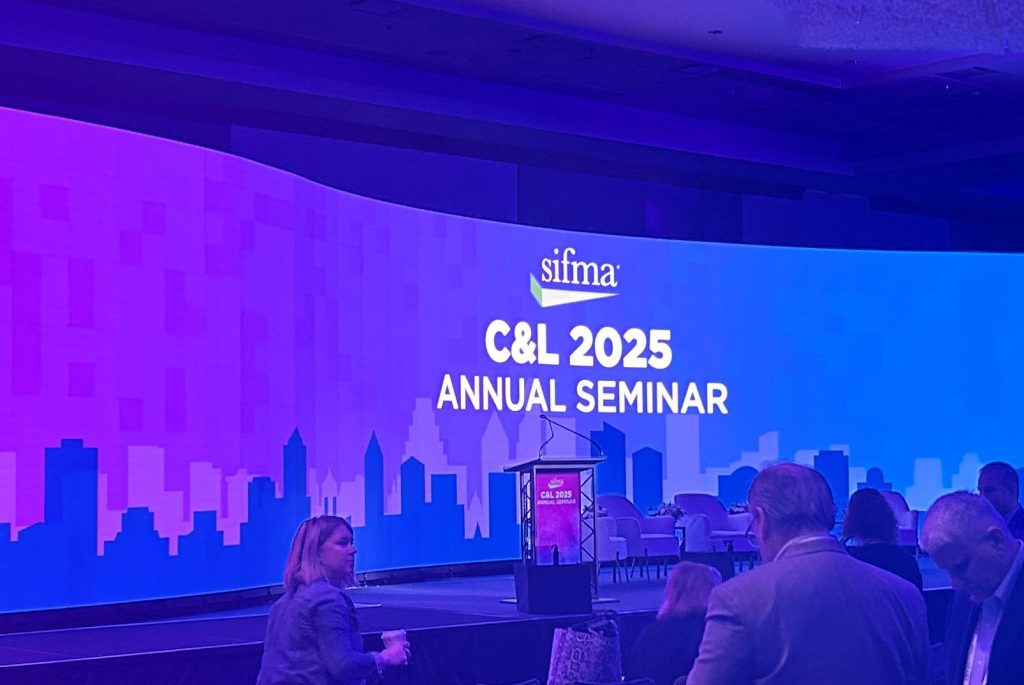The SEC just adopted amendments to require the electronic filing, submission, or posting of certain forms, filings, and other submissions that national securities exchanges, national securities associations, clearing agencies, broker-dealers, security-based swap dealers, and major security-based swap participants make with the agency.
Prior to the amendments, registrants filed many forms, filings, or other materials with the Commission in paper format.
Under the amendments, registrants will make these filings and submissions electronically using the Commission’s EDGAR system, in structured data format where appropriate, or by posting them online. Specifically, registrants will submit certain documents in an Inline eXtensible Business Reporting Language or a custom eXtensible Markup Language.
The SEC said it is also adopting amendments regarding the Financial and Operational Combined Uniform Single (FOCUS) Report to harmonize with other rules and forms, make technical corrections, and provide clarifications.
“Today’s amendments build on more than 20 years of Commission actions to modernize filing and recordkeeping requirements,” said SEC Chair Gary Gensler. “I’m pleased that the Commission has taken the next step towards updating our requirements for the digital age.”
The rule amendments will become effective 60 days after publication in the Federal Register, and the compliance date is the same as the effective date except as noted in the new rule and its attendant FAQs.
Dissenting thoughts
In a joint dissenting statement, SEC Commissioners Hester Peirce and Mark Uyeda expressed concern that the data languages the SEC has mandated registrants to use with this new rule will soon be considered outdated.
They write: “[The] Commission proffers no instruction on performing a future review of the prescribed data languages to determine whether they remain appropriate. In an era where large language models and artificial intelligence are rapidly advancing, the possibility that the structured data format may become irrelevant is very real.”
They point out that specific structured data languages can become obsolete, similar to how the “write once, read many” technological storage format (for example, CD-ROM) for broker-dealer books and records “remained a rule requirement far beyond its useful life.”
To reduce the need for a retrospective review requirement, Peirce and Uyeda point out that the SEC could have adopted a less prescriptive approach to electronic filing. “Such an approach would have required filings to be machine-readable without prescribing the use of particular structured data language,” they said.













